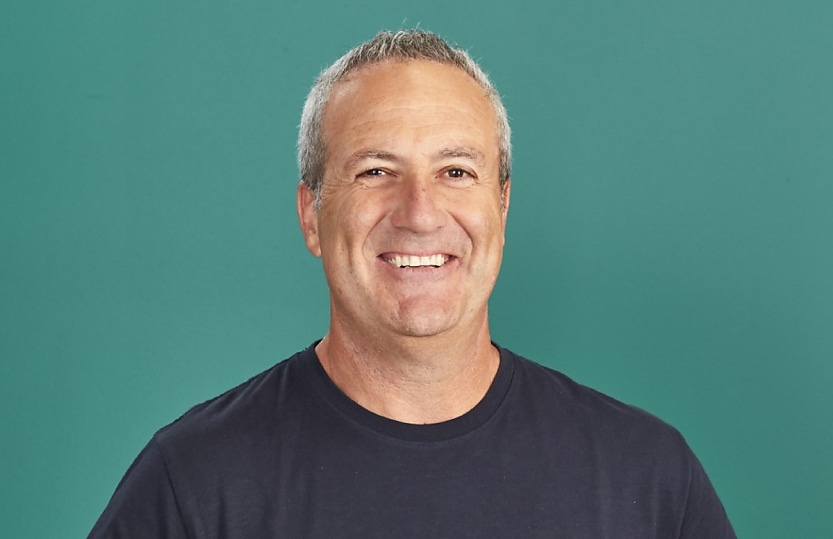How to cope with the triple threat of 2024

Too much work, too few people and too little tech? Here are some keys to the trends shaping next year.
Accounting firms navigated an unpredictable environment this year marked by the explosion of generative AI tools, an increasingly competitive talent landscape and pressure to control costs amid stubborn inflation and rising interest rates.
As 2024 approaches, Ignition’s latest survey reveals accountants will face what we’re calling triple threats: too much work, too few people and too late to move on tech.
In a survey of 136 accounting professionals, 58 per cent named recruiting staff and ongoing personnel shortages as a top business challenge heading into 2024. This was followed by lack of time to implement technology (49 per cent), inefficient or manual processes (40 per cent) and too much client work (38 per cent). Against a weaker economic outlook and tighter labour market, these challenges could eat into the profits of many firms.
Many accounting leaders are prepared to face these challenges head-on. Over half (54 per cent) are eager to learn how to improve firm efficiency through automation, with 41 per cent keen to learn how to leverage AI in their practice. With the maker of ChatGPT OpenAI naming accountants and tax preparers among some of the occupations most exposed to AI, firms will need to readily embrace the technology or risk being left behind.
So what are the underlying themes behind these trends and how can accountants best prepare?
- Managing and monetising scoop creep
A culture of overworking and undervaluing time is entrenched in many accounting firms. Additionally, 95 per cent of accounting professionals have experienced clients not being billed for out-of-scope work. With inflation and interest rates to remain high well into 2024, accounting firms can no longer afford to work for free.
Mounting cost pressures and work will mean accounting firms will need to rein in over-service and find a way to monetise it. There is an opportunity to turn scope creep requests into revenue opportunities if client expectations are managed. In addition to defining and discussing the scope of the original project frequently, leaders need to explicitly give clients the choice to add more deliverables at an additional cost.
Firms will also need to accurately price their services to avoid scope creep and remain competitive. Many accounting firms today struggle to accurately price their services without undercutting their value, as they use bespoke pricing or packages, which don't match the hours dedicated and the client’s expectations. A more volatile economic climate will mean accountants need to keep their profit margins healthy.
- Non-traditional ways of finding and retaining talent
There’s a nationwide shortage of accountants and it is only the tip of the iceberg. According to the peak accounting industry body CA ANZ, in five years there could be a supply shortfall of around 29,865 accountants if no action is taken by the government or industry. Additionally, an approximate annual average of 5,973 new accounting, audit and finance professionals is needed to meet demand by 2026.
The outlook for the front end of the talent pipeline is likely to get worse. There are many concerns that Australia is following similar trends in the US with numbers of new graduates in accounting, management and commerce courses set to fall in the coming years. Accounting firms are coming under increasing pressure to fill talent shortages with compensation, with 96 per cent of firms planning to increase salaries.
As a result, more accounting firms may look overseas to countries with lower labour costs to find qualified staff over the next 12 months. Outsourcing and the use of contractors are increasingly common in the accounting sector and will only accelerate in the next 12 months, as demand for accounting services outstrips talent supply, and inflationary pressures push firms to look offshore to save on salaries.
- AI will be a double-edged sword
AI truly materialised this year and became more accessible to smaller accounting firms, particularly with the arrival of tools like ChatGPT. The accounting industry is ripe for disruption, with research suggesting 36 per cent of an accountant’s job could be automated and 26 per cent could be assisted by generative AI in areas like data analysis and generation of standard legal documents.
For accounting firms, AI is a double-edged sword. On one hand, it can be used to close the current workforce skills gap, by taking over the “busy work” – the routine and manual tasks typically done by junior or graduate accountants in firms. On the other hand, it will deepen the need for more advanced and specialist digital skill sets in areas of artificial intelligence that are currently missing in many firms.
The shift from once-a-year tax advice to all-year-round advisory services is already underway, and as part of this accounting professionals may need to evolve into “technologists” – that is, the ability to work alongside AI to analyse financial data and play a more strategic and creative role to clients. In 2024, more firms will need to invest in training to take advantage of these tools – and stay ahead of the curve.
These three trends will come to the fore for accounting firms in 2024, but they are by no means insurmountable. Accounting leaders who take proactive steps to rein in scope creep, rethink their workforce strategies to meet the needs of modern candidates and clients, and use technology to drive improvements in billing, payments and pricing can help to steer their firms towards profitability.
David New is the managing director, APAC, at Ignition.
About the author







